Category Archives: Languages/Linguistic curiosities

Scientific research on constructed languages suggests that, in language learning, the human mind may be structured in advance of experience
by Pisana Ferrari – cApStAn Ambassador to the Global Village A recent article by David Adger, Professor of Linguistics at Queen Mary University of London, for the BBC’s “Science Focus” magazine, addresses the age-old controversy among linguists about whether human minds are set up to learn language in a particular way, or whether we learn languages …
Read More
On how emoji are increasingly making their way into political communication
by Pisana Ferrari – cApStAn Ambassador to the Global Village On October 17 2019 EU Commission President Juncker announced the Brexit deal on his Twitter account with three emoji: 🇪🇺🤝🇬🇧. Examples of other politicians or institutions that regularly use emoji include the UK Foreign Office, the Italian and German Ministries for Foreign Affairs, Australian foreign …
“On how emoji are increasingly making their way into political communication”
Read More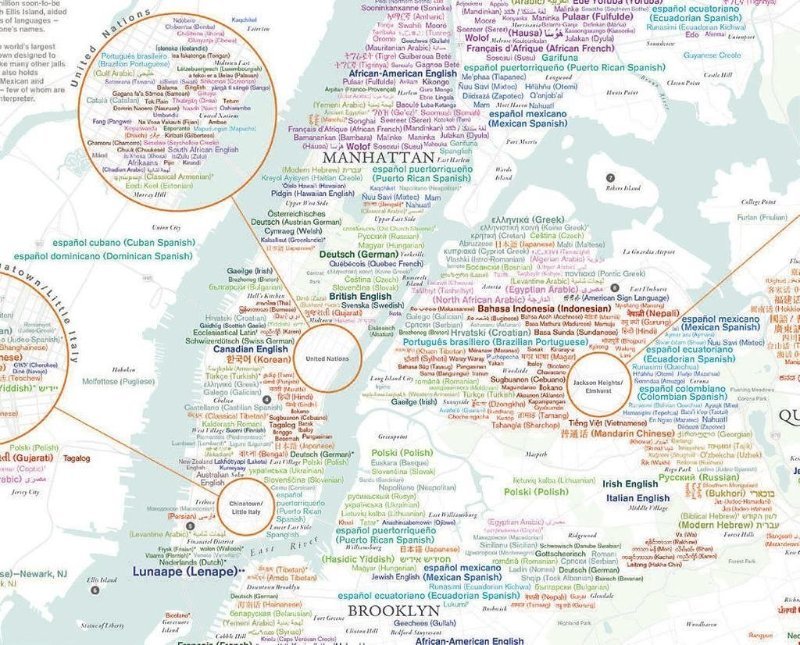
The revival of a language is a matter of justice and a step in restitution and recovery
by Pisana Ferrari – cApStAn Ambassador to the Global Village An interesting take on indigenous language preservation by Ross Perlin, Co-Director of the Endangered Languages Alliance. In the October issue of “Artforum” he makes a compelling case for the need for financial support, from majority populations’ institutions, foundations, schools, and governments, to the “revitalizers” of …
“The revival of a language is a matter of justice and a step in restitution and recovery”
Read More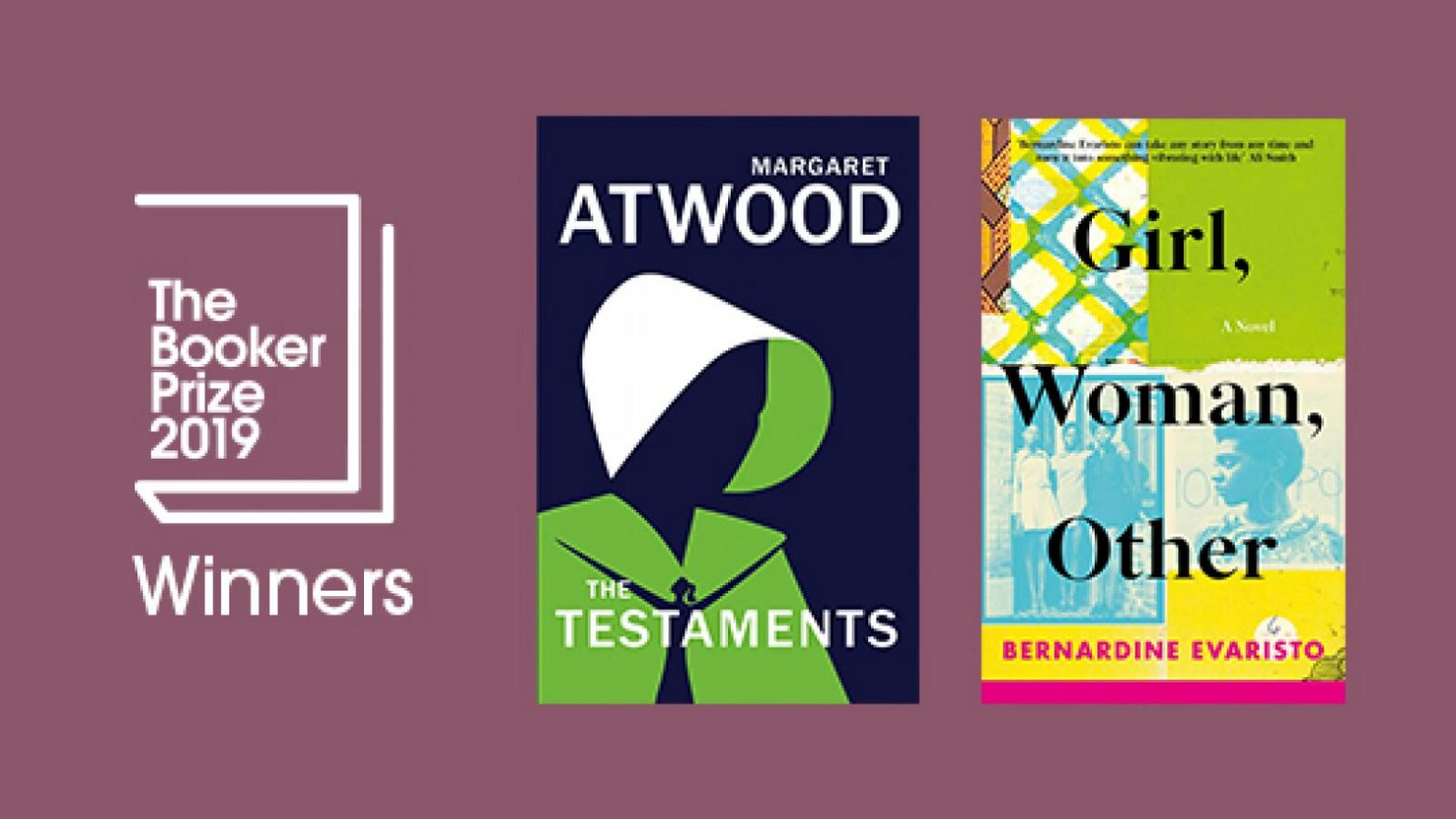
What makes this year’s Booker Prize different?
by Pisana Ferrari – cApStAn Ambassador to the Global Village There are a number of interesting “firsts” for the 2019 Booker prize, the two winners of which were announced recently. Bernardine Evaristo is the first black woman to win and the first black British author (only four black women have ever been shortlisted, out of …
“What makes this year’s Booker Prize different?”
Read More
A very entertaining article about the “Oxford comma”, and why we recommend using it
by Pisana Ferrari – cApStAn Ambassador to the Global Village The Oxford comma, also known as a “serial comma”, is used after the penultimate item in a list of three or more items, before “and” or “or”, and its presence or absence can significantly alter the meaning of a sentence. The example that is most …
“A very entertaining article about the “Oxford comma”, and why we recommend using it”
Read More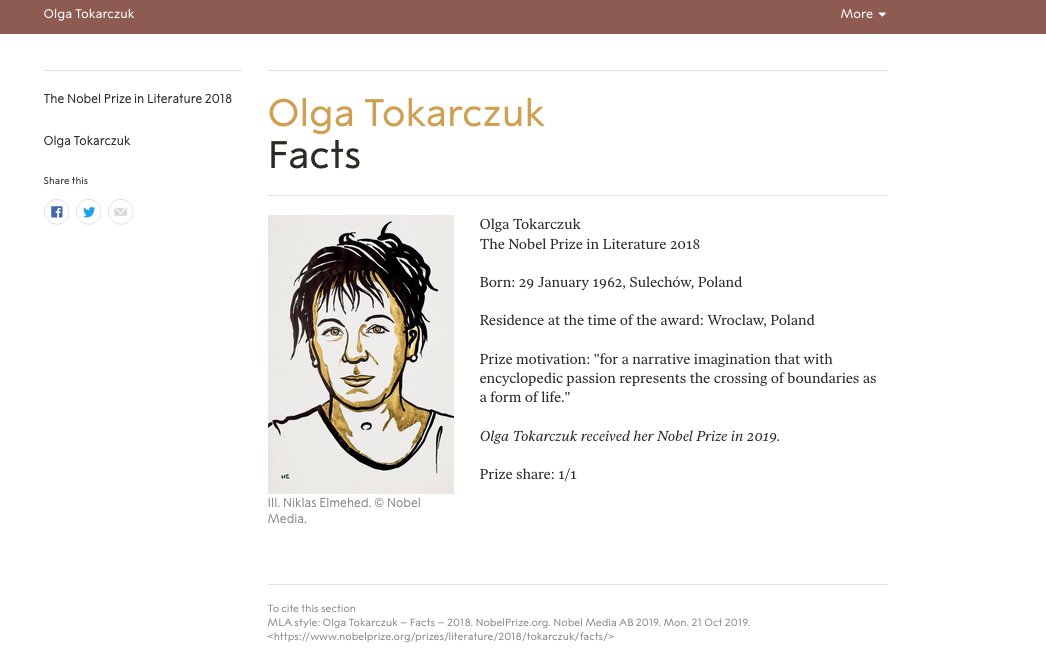
Would Olga Tokarczuk have won the Nobel prize if she had not been translated into English?
by Pisana Ferrari – cApStAn Ambassador to the Global Village Nobel prize laureate Olga Tokarczuk has been a bestselling author in Poland for three decades. In a recent interview for “The Guardian” she says she wonders how her life would have worked out if her books had been translated into English sooner. The novel “Flights”, …
“Would Olga Tokarczuk have won the Nobel prize if she had not been translated into English?”
Read More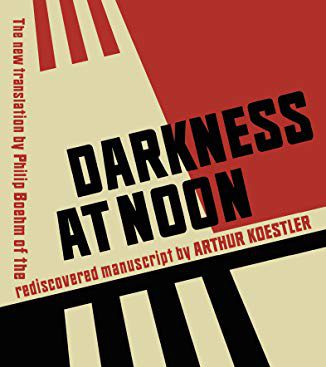
The recovered original of Koestler’s “Darkness at noon”, lost in 1940, now out in a new English translation
by Pisana Ferrari – cApStAn Ambassador to the Global Village A new translation of the internationally acclaimed anti-totalitarian novel “Darkness at Noon” will allow the English reading public to read it for the first time as Arthur Koestler wrote it. A recent article in for “The Literary Hub” recounts the circumstances under which the original …
Read More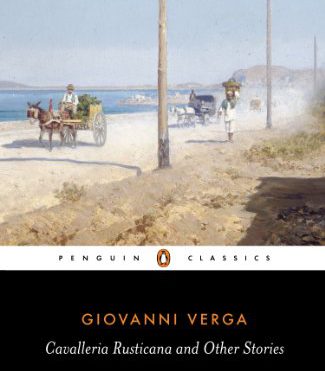
Can a fine translation be as important and unique as the original work?
by Pisana Ferrari – cApStAn Ambassador to the Global Village In an article for the NYR Daily, author/translator Tim Parks explores what he calls a “perplexing” dilemma. Most readers are only familiar with texts translated in their own languages, and if they enjoy the translation they will rightly thank the translator, he says, and will …
“Can a fine translation be as important and unique as the original work?”
Read More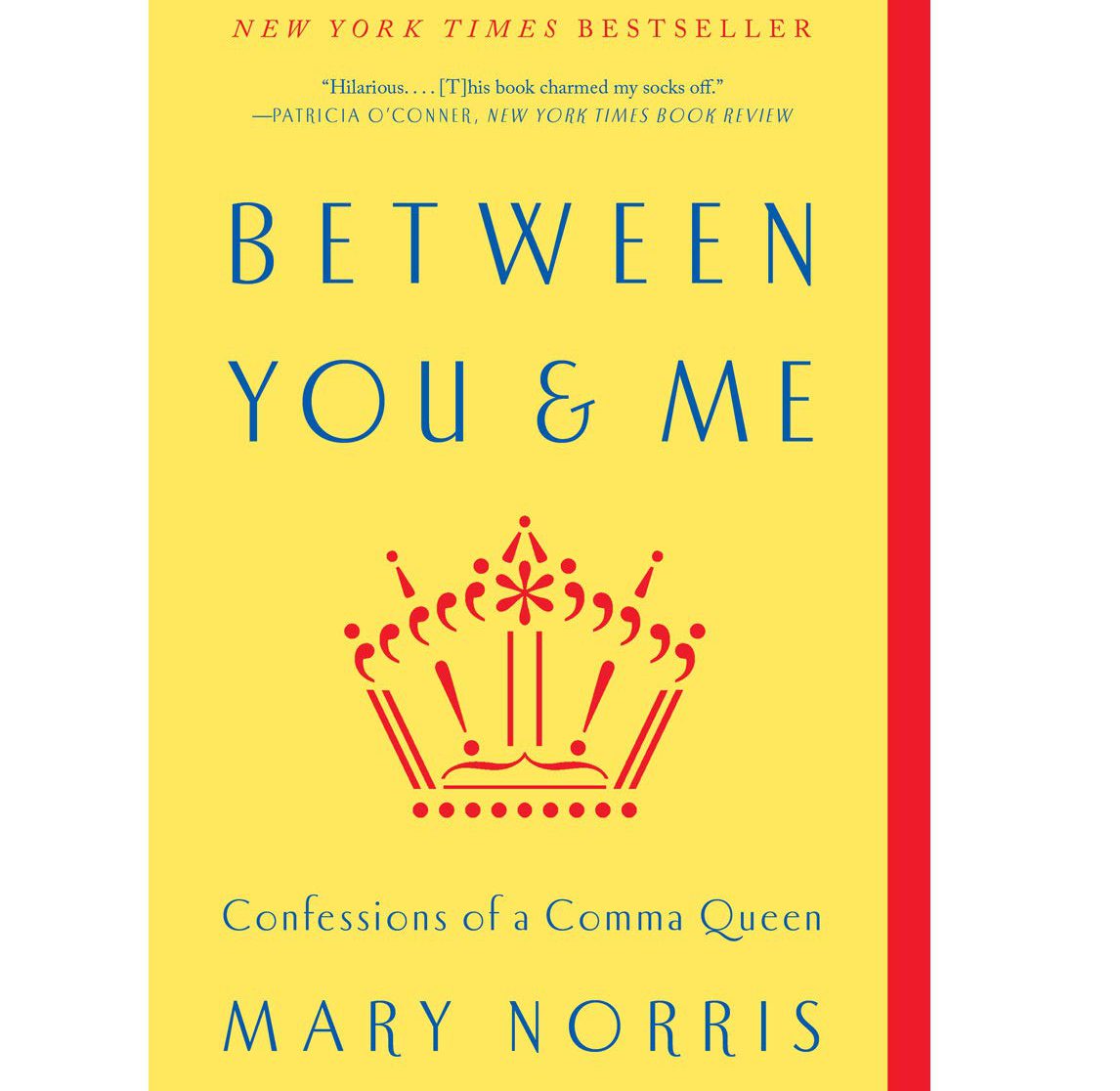
Confessions of a Comma Queen: “a sharply sparkling grammar guide” (Oprah Magazine)
by Pisana Ferrari – cApStAn Ambassador to the Global Village Not new, but just discovered, a very entertaining guide to English grammar by Mary Norris, who was copy editor at “The New Yorker” for 30 years (the book was first published in 2015). A passionate advocate for correct spelling (“a misspelling undermines your authority”!) she …
“Confessions of a Comma Queen: “a sharply sparkling grammar guide” (Oprah Magazine)”
Read More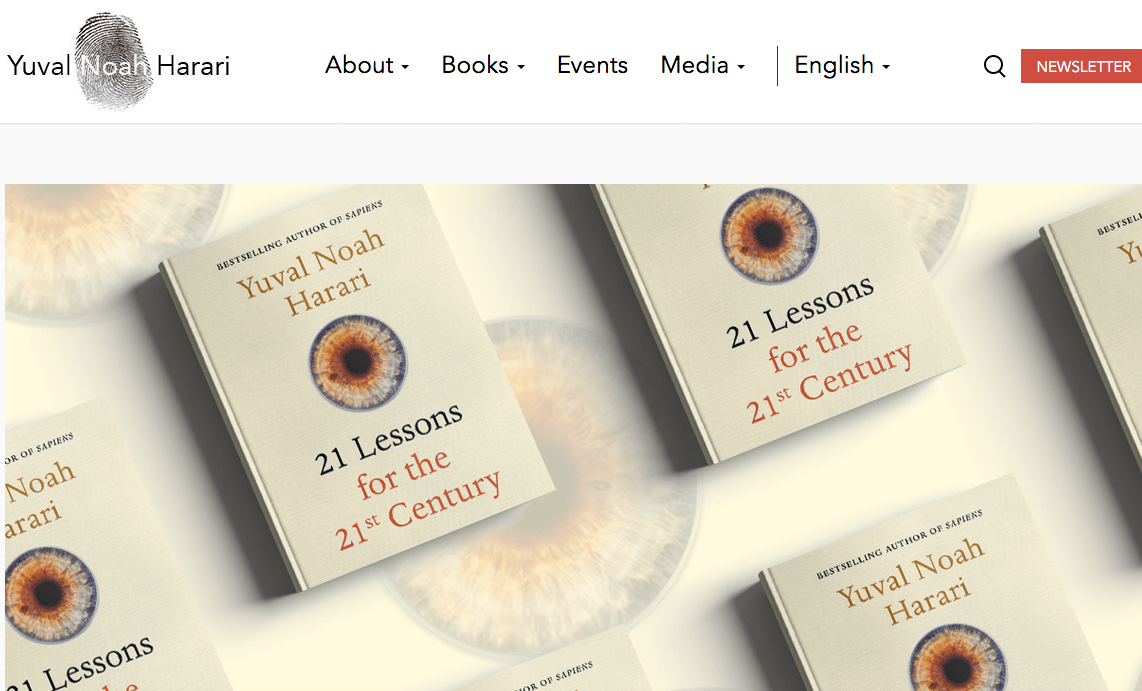
Should local adaptation of a book include replacing potentially sensitive content?
by Pisana Ferrari – cApStAn Ambassador to the Global Village Yes, according to Yuval Noah Harari-a bestselling author whose books have been translated into over 60 languages and sold over 20m copies-if there is a risk that the book will be banned in a specific country. Harari has recently come under fire for amending the …
“Should local adaptation of a book include replacing potentially sensitive content?”
Read More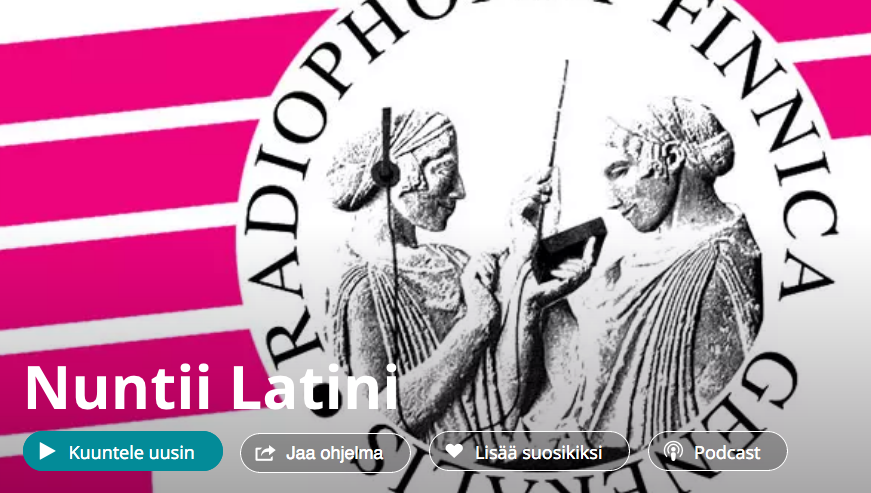
Finland’s longstanding contribution to the contemporary study and use of Latin
by Pisana Ferrari – cApStAn Ambassador to the Global Village “Nuntii Latini”, Finland’s weekly radio news bulletin in Latin, was, for 30 years, a familiar fixture in the country, with a regular audience of 50.000 (not insignificant in a country of 5.5 m), and keen listeners from all over the world. The three founding academics …
“Finland’s longstanding contribution to the contemporary study and use of Latin”
Read More
Celebrations for the 25 years of France’s “language purity law” spark controversy
by Pisana Ferrari – cApStAn Ambassador to the Global Village In a tweet to celebrate the 25 years of the 1994 “Loi Toubon”, the French Minister of Culture reminded the French people that “the language of the Republic is French” and that they should “say things in French”. The tweet reignited a debate over encroachment of other …
“Celebrations for the 25 years of France’s “language purity law” spark controversy”
Read More